
The upgraded road links Songde village with the National Highway G227 in Aba Tibetan and Qiang autonomous prefecture in Sichuan province, which was built in 2019. (Photo provided to chinadaily.com.cn)
In the rugged mountains of Songde village, located in the Aba Tibetan and Qiang autonomous prefecture of Sichuan province, nearly 800 residents are living better thanks to the remarkable transformation of its roads.
Nestled in nine valleys along the Du Ke River at an altitude of about 3,150 meters, the Tibetan communities — known for their stunning, natural beauty — have long struggled with poor infrastructure, particularly inadequate roads.
Before 2016, villagers relied on dirt roads for transportation.
"On sunny days, we were covered in dust; on rainy days, we were covered in mud," said village leader Lopin.
Travel was especially perilous between October and May, when the roads are often iced over.
A gravel road was built in 2016, easing vehicle access for Songde residents. But the real breakthrough came in 2019 with the completion of a 4.2-kilometer paved road connecting the village to National Highway G227, giving villagers better access to the outside world.
Since then, many villagers have sought employment outside Songde, investing in motorcycles, tractors and cars. Now that people are more confident about driving, the road, about 4 meters wide and featuring a designated bike lane, has significantly reduced the travel time to the nearest county center, Zamtang, from an hour in the best circumstances to about 30 minutes.
And now that villagers are venturing out, the village's average annual income has surged from 6,000 yuan ($830) in 2016 to over 16,000 yuan.
The road has also improved access to essential services.
Rural bus services now operate in Zamtang county, offering affordable rides to residents. And the road has benefited children, who no longer face long journeys to school, and the elderly, who can fulfill lifelong dreams such as visiting Lhasa, capital of the Xizang autonomous region.
Local tourism is also on the rise, leading villagers to develop homestays. Once new houses are built, some will be converted into guesthouses, with both villagers and the local government investing in renovations.
The road improvements are part of a larger national effort to enhance rural infrastructure. Zamtang's road network spans 1,028 km, with 744 km of rural roads. Nationwide, China has constructed or renovated over 2.5 million km of rural roads since 2014, improving access to 821 townships and 70,600 villages.
Such developments are helping bridge the gap between urban and rural areas, boosting economic opportunities and improving essential services in remote regions, and fostering a more equitable society.























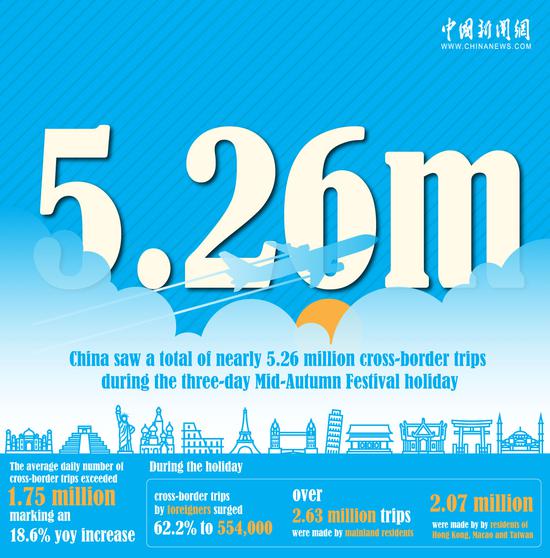
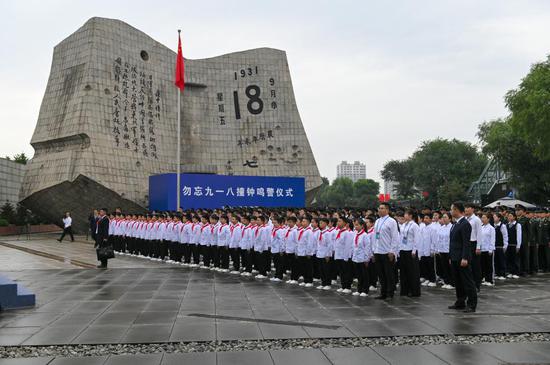

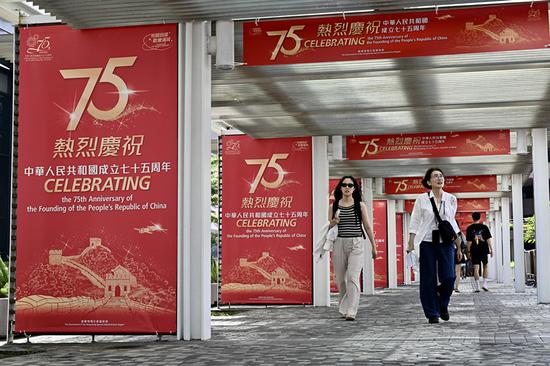










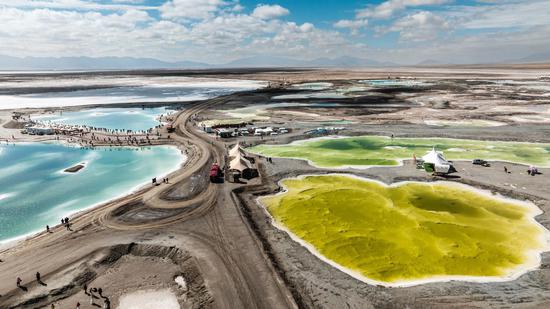
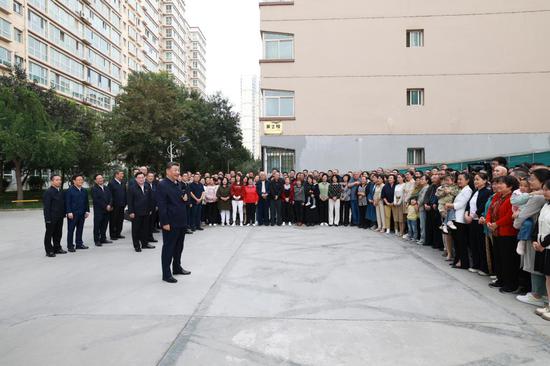











 京公网安备 11010202009201号
京公网安备 11010202009201号